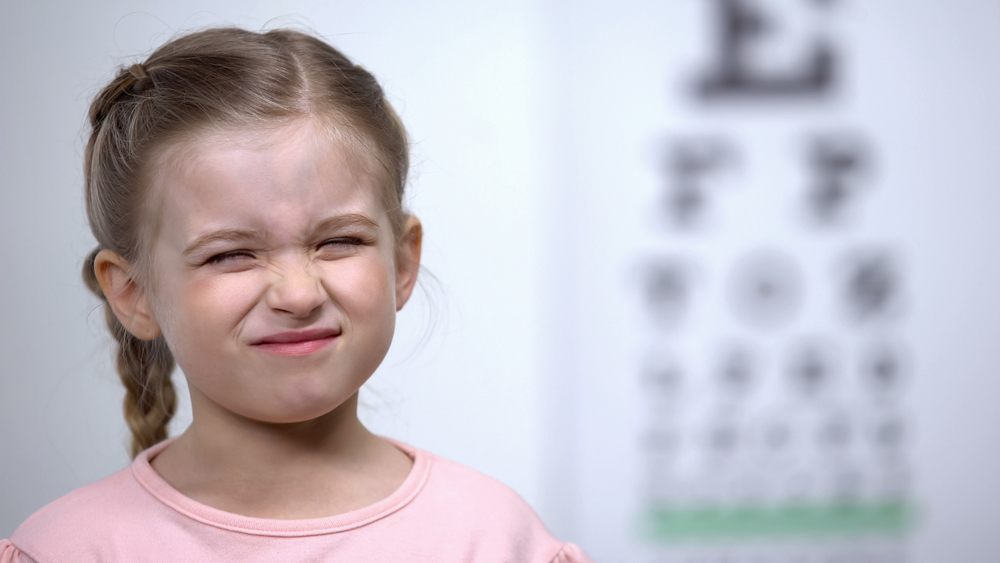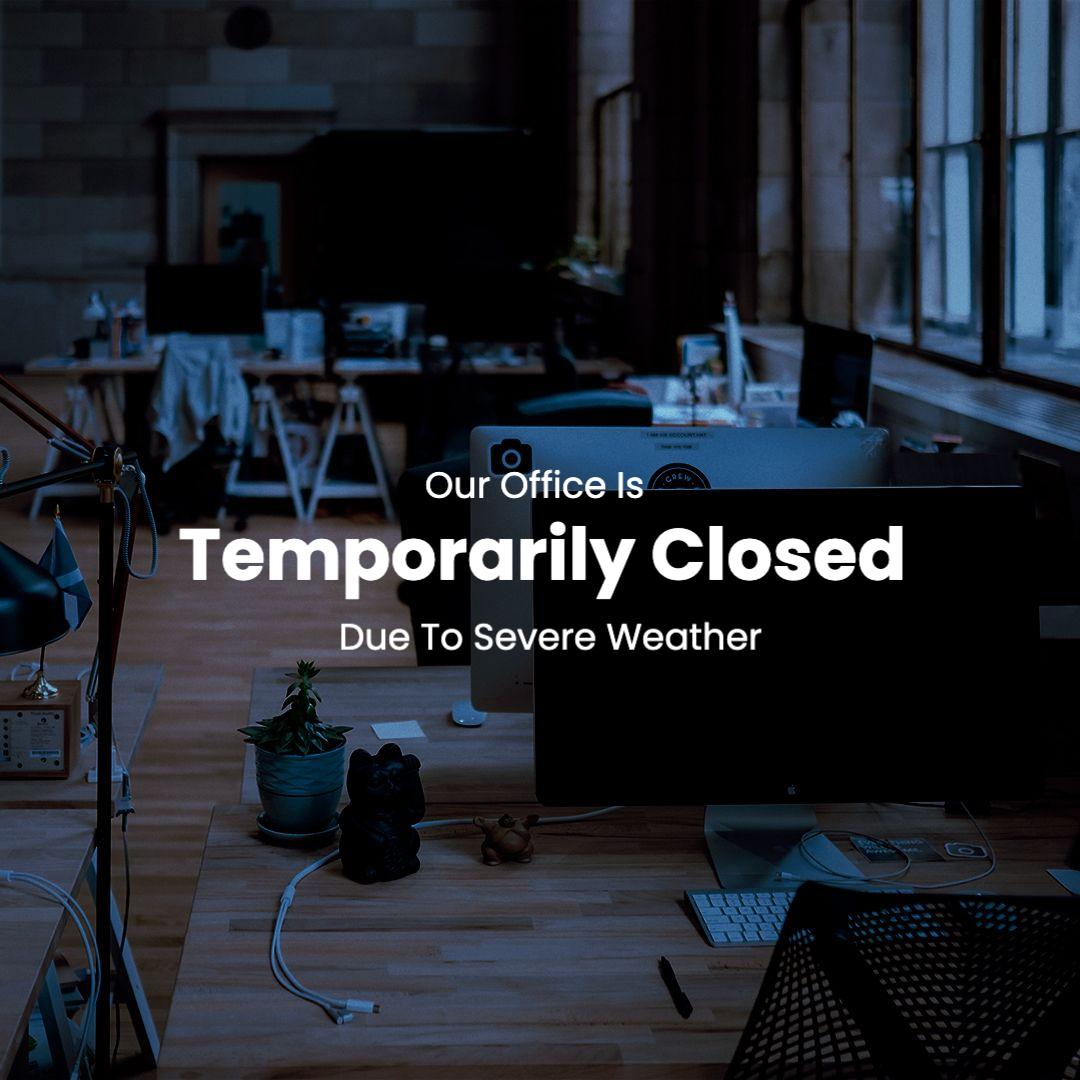
As children grow and develop, so do their eyes. However, in today’s digital age, more children are being diagnosed with myopia, or nearsightedness, at younger ages. Understanding the signs of myopia and scheduling regular eye exams can make a lasting difference in your child’s vision and overall quality of life.
What Is Myopia?
Myopia is a common vision condition where distant objects appear blurry while close-up items remain clear. This occurs when the eyeball grows too long or the cornea is too curved, causing light to focus in front of the retina instead of directly on it. Myopia tends to develop during childhood and often progresses as a child grows.
Signs and Symptoms Parents Should Be Aware Of
Children may not always recognize or communicate that they’re having trouble seeing. It’s important for parents to watch for these early signs of myopia:
• Squinting to see distant objects, such as the TV or whiteboard at school
• Sitting too close to screens or holding books very near to their face
• Complaints of blurry distance vision
• Frequent headaches or eye strain
• Rubbing eyes often or excessive blinking
• Difficulty seeing at night
• Declining academic performance that could be related to vision problems
• Avoiding activities that require distance vision, like sports
If you notice any of these symptoms, it’s important to schedule an eye exam with a qualified optometrist.
Why Pediatric Eye Exams Are Essential
Even if your child isn’t showing obvious signs of vision problems, comprehensive pediatric eye exams are crucial. Myopia can begin subtly and worsen without noticeable symptoms until it significantly affects a child’s vision. Early detection not only ensures your child can see clearly but also allows for proper monitoring and intervention to slow progression. We use kid-friendly techniques and advanced technology to detect refractive errors and assess your child’s overall eye health.
Myopia Management Options
If your child is diagnosed with myopia, there are treatment options available to help manage its progression. These include:
• MiSight® daily contact lenses
• Orthokeratology (Ortho-K) lenses worn overnight
• Atropine eye drops
• Lifestyle guidance, including outdoor time and screen time management
By beginning treatment early, we can reduce the risk of high myopia, which is associated with more serious eye health complications later in life.
Protect Your Child’s Vision Early
With early detection and proactive management, your child can enjoy clear, healthy vision for years to come. Whether your child is showing symptoms or it’s simply time for a routine checkup, we are here to help.
If your child is showing signs of myopia, schedule a pediatric eye exam at San Marcos Vision Center and take the first step in protecting your their sight. Visit our office in San Marcos, Texas, or call (512) 890-0660 to book an appointment today.

 Specialty Contacts
Specialty Contacts





